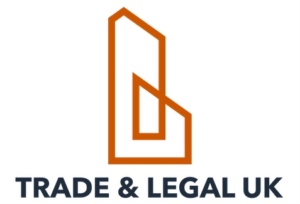Buying a business? Here are a few “Points to Ponder” (Remember @ReadersDigest?)
I am using Systeme.io, the world’s friendliest business engine…it’s FREE…forever!
Are you in the process of buying an existing business in the UK? What are the essential elements in the Purchase of a Business agreement and which elements are critical to ensure that both parties are equally protected against misrepresentation, prior debts, existing credit agreements, financial overstatement and claims against the business? I have unpacked the issues and will gladly review your agreement before you sign and advise you on any recommended amendments.
When purchasing an existing business in the UK, a well-drafted Purchase of a Business Agreement is crucial to protect both the buyer and the seller. The essential elements of this agreement and critical clauses for protection against various risks include:
Essential Elements of a Purchase of a Business Agreement
- Parties Involved: Clearly identify the buyer and the seller, including their legal names and addresses.
- Description of the Business: Provide a detailed description of the business being sold, including its name, location, and nature of the business activities.
- Assets Being Transferred: Specify all assets included in the sale, such as:
- Inventory
- Equipment and machinery
- Intellectual property (trademarks, patents, copyrights)
- Goodwill
- Customer lists and contracts
- Real estate (if applicable)
- Purchase Price: State the total purchase price and the terms of payment (e.g., lump sum, instalments).
- Assumption of Liabilities: Clarify which liabilities, if any, the buyer will assume. This could include existing contracts, employee obligations, and debts.
- Conditions Precedent: Outline any conditions that must be met before the sale can be completed, such as obtaining financing or regulatory approvals.
- Warranties and Representations: Include detailed warranties and representations from the seller about the business’s condition, financial status, and legal standing.
- Due Diligence: Allow a period for the buyer to conduct due diligence, verifying the business’s financial statements, contracts, legal status, and more.
- Non-Compete Clause: Often, a non-compete clause is included to prevent the seller from starting a competing business within a certain timeframe and geographical area.
- Confidentiality: Both parties should agree to keep certain information confidential.
- Dispute Resolution: Specify the method for resolving disputes (e.g., mediation, arbitration, litigation).
- Governing Law: State the legal jurisdiction that will govern the agreement.
Buying a business? Here are a few “Points to Ponder”
Critical Clauses for Protection
- Warranties and Representations
- Financial Statements: The seller should warrant that the provided financial statements are accurate and complete.
- Tax Compliance: The seller should confirm that all tax returns have been filed and taxes paid.
- Legal Compliance: The seller should guarantee that the business complies with all applicable laws and regulations.
- No Undisclosed Liabilities: The seller should confirm there are no undisclosed liabilities.
- Indemnification Clause
- The seller should agree to indemnify the buyer against any losses arising from breaches of warranties or representations. This protects the buyer from any misrepresentations or hidden liabilities.
- Due Diligence Period
- Include a due diligence period allowing the buyer to investigate the business thoroughly. The agreement should permit the buyer to withdraw if due diligence uncovers significant issues.
- Disclosure of Debts and Liabilities
- The seller must disclose all known debts and liabilities. An indemnity clause should protect the buyer from any undisclosed liabilities.
- Existing Credit Agreements
- Specify how existing credit agreements will be handled. The seller should warrant that all disclosed credit agreements are accurate and that no other agreements exist.
- Non-Compete and Non-Solicitation Clauses
- These clauses protect the buyer from the seller starting a competing business or poaching customers and employees.
- Post-Completion Adjustments
- Provisions for post-completion price adjustments based on the actual value of assets and liabilities at the completion date can ensure fairness.
- Escrow Arrangement
- Consider holding a portion of the purchase price in escrow for a specified period to cover potential claims or adjustments.
Summary
Buying a business? Here are a few “Points to Ponder”
To ensure both parties are equally protected in a Purchase of a Business Agreement, it is crucial to include detailed warranties and representations, a comprehensive indemnification clause, a due diligence period, and clear terms regarding the handling of debts, liabilities, and existing credit agreements. Additionally, non-compete and non-solicitation clauses, post-completion adjustments, and possibly an escrow arrangement are essential for protecting the buyer from future claims and financial overstatement.
Given the complexity and the need for legal precision, it is highly recommended to discuss the agreement with me ( management@tradelegal-uk.com ) before signing.
Yours sincerely
Disclaimer: This page contains affiliate links. If you choose to make a purchase after clicking a link, I may receive a commission at no additional cost to you. Thank you for your support!







One Response